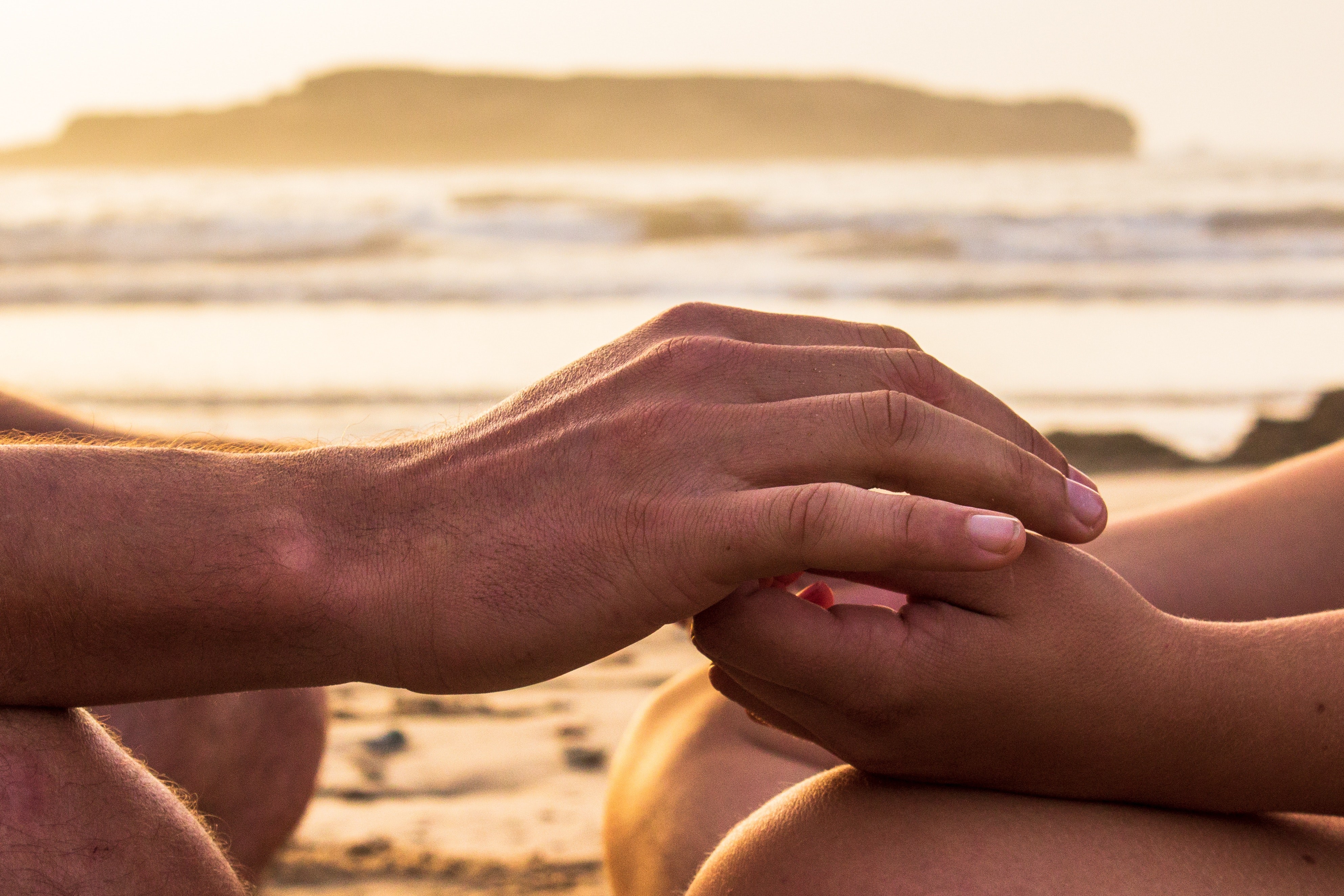Background:
Chanan has Postgraduate Certificate in Buddhist Counselling, Postgraduate Diploma in Buddhist Counselling. She also has Honour Degree in Psychology and Honour Degree in Administration Law. Chanan is KRI certified Kundalini Yoga Teacher registered with KYTA UK and IKYTA, the national and international Kundalini Yoga Teachers Associations.
Chanan completed Gong Master Training with Don Conreaux, originator of the Gong bath, and world-famous Gong player and teacher Aidan McIntyre.
Chanan is also a founder of Blue Morpho Edinburgh Ltd., which she manages with her husband Jarek.
What is counselling?
Counselling takes place when you look for a professional help in gaining insight into a problematic aspect of your life. The counsellor does her best to help you to see clearly what life is confronting you, so that you feel able to deal with the situation in a positive frame of mind. Your counsellor will listen to you and together you will explore the ways in which you see the world and the shadows of experience which colour it. In general, counselling helps you to find ways of dealing with difficult issues and circumstances and make changes that enable you to lead a more fulfilling life.
Counselling begins with discussion of whatever it is that you wish to talk about. The topic of concern can be approached head on, or it can be approached in a roundabout way. The counsellor will attempt to give shape and focus to what the client has to say, but without suggesting any kind of ideological framework on what is being said. Often a client is not sure for themselves exactly what it is that is bothering them, so a variety of possibilities need to be looked at. This introductory phase is all about letting the situation speak for itself and seeing things as they are.
Then comes a period of analysis, in which the key points of what a client has had to say can be examined from several angles, so that the client can be presented with an objective view of their situation. Once objectivity has been achieved, the most positive ways of moving forward can be explored.
Buddhist Counselling
Buddhist Psychotherapy is a meditation involving two observing minds. Its vehicle is safe dialog, its purpose is transformative insight, and its ground is unyielding compassion
Buddhist Approach
Buddhist counselling is holistic, practical and about real life. Buddhism offers a way of understanding how our psychological and spiritual lives are intertwined together. In fact, it is impossible to separate them. As human beings we go through all sorts of discomforts, disappointments and sufferings; we are also likely to experience deep existential fear of things like health problems, ageing and death. Both counselling and Buddhism start from the point of suffering, and they both help us to find a meaningful way to psychological and spiritual well being. Buddhist counselling aims to increase our understanding of human suffering, and to find the way to healing and joy.
What kind of issues?
Counselling helps in a range of issues including:
- Willingness to change harmful patterns of behaviour
- Difficulties at home or at work
- Anxiety
- Depression
- Panic attacks
- Phobias
- Bereavement/loss
- Relationship problems
- Low confidence and self esteem
- Identity problems
- Unresolved issues from the past
- Addiction (alcohol, drug problems, gambling)
- Eating disorders
- Feeling unfulfilled and generally unhappy
How many sessions are required?
Each meeting generally lasts about an hour, and usually takes place once a week. A counselling period – made up of a succession of meetings – is normally spread over several weeks, or months, depending on how easy or difficult it has been to get to the heart of the problem. Thus, normally, you will arrange to meet at the same time each week, though there is usually some flexibility possible.
Is it confidential?
Yes, with certain conditions which your therapist will explain at the first meeting.
What does it Cost?
The price for an individual 60 minutes session is £50. Skype sessions are £45. Couple counselling 90 minutes is £60.
Making an Appointment
To make an appointment please phone me on 0782 1796 299 or email on counselling@bluemorphocentre.co.uk

